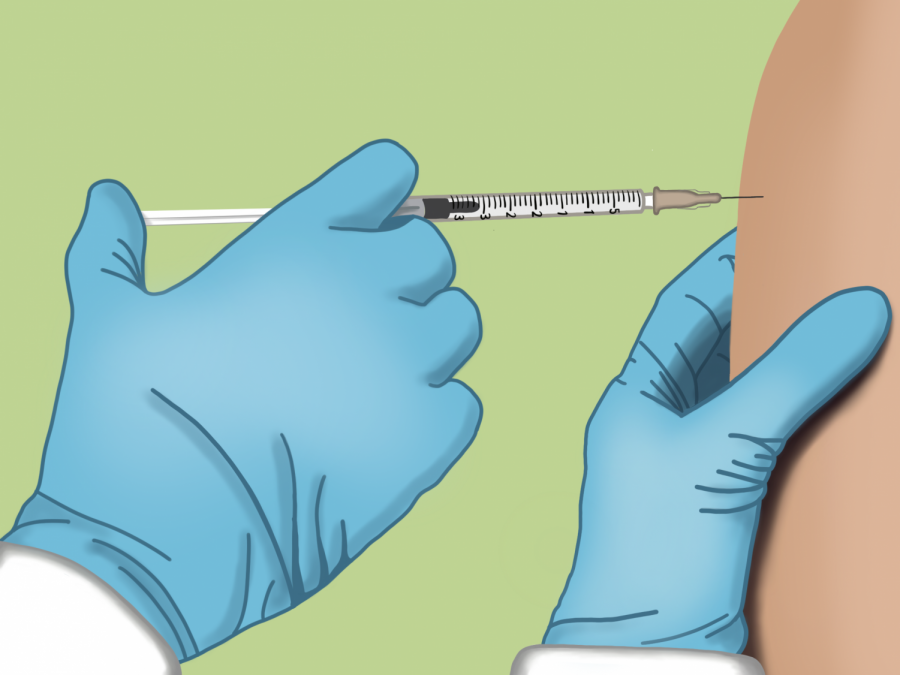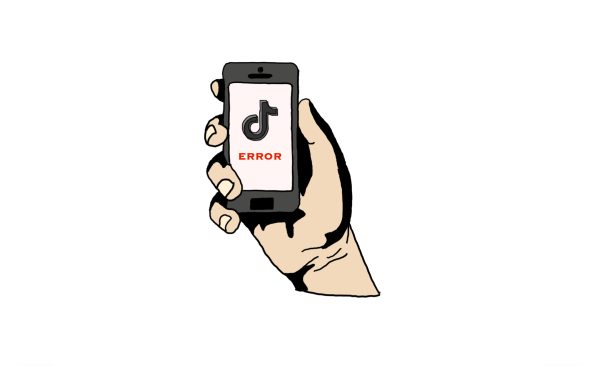COVID-19 vaccine needs to be mandatory
Herd immunity necessary for public health
As COVID-19 vaccines are approved and appointments become increasingly available, more students will be able to get inoculated.
December 8, 2020
With the newfound hope of a COVID-19 vaccine on the horizon, many are rightfully excited. However, some are not as enthusiastic, going so far as to say that they would actively avoid getting vaccinated. This divide begs the question, “should a COVID-19 vaccine be mandatory?” The answer: absolutely.
A mandatory vaccination order likely would not mean that you will be pinned down in your own home as you are forcefully vaccinated. Rather, as has been done for hundreds of years, a COVID-19 vaccination will likely be required for entry to most establishments. For school, every state has a vaccination requirement for attendance. With this order, on a state-by-state basis, we could see people barred from returning to work and school or not being able to enter restaurants or stores.
If and when a COVID-19 vaccine is available for the general public, it is imperative that people get it in order to stop the spread. According to a study published earlier this year in the American Journal of Preventive Medicine about in regards to COVID-19 vaccine efficacy, in order to stop COVID-19 with a vaccine as the sole intervention, “the vaccine efficacy has to be at least 60% when coverage is 100% and at least 80% when coverage drops to 75%.” These data coupled with recent reports that a new COVID-19 vaccine may have a 95% efficacy indicate that although 100% coverage or figures near that may not be necessary, we will still need a large portion of the population willing to be vaccinated.
Even from a moral standpoint, it is in the public interest to receive a COVID-19 vaccine. According to Alberto Giubilini, Senior Research Fellow at Oxford, “the less burdensome it is for an individual to do something that prevents harm to others, and the greater the harm prevented, the stronger the ethical reason for mandating it.” In this case, if one can reasonably and safely receive a COVID-19 vaccine, it’s ethically expected for them to do so as it does little to no harm to them and has astronomical potential for reducing harm to others.
By enforcing mandatory vaccination laws, states have the potential to save countless lives. On a person-by-person basis, it is not just in your best interest to be vaccinated, but also in your friends and family. We have lost countless lives to COVID-19 already, why needlessly add more when we have the power to stop it?














